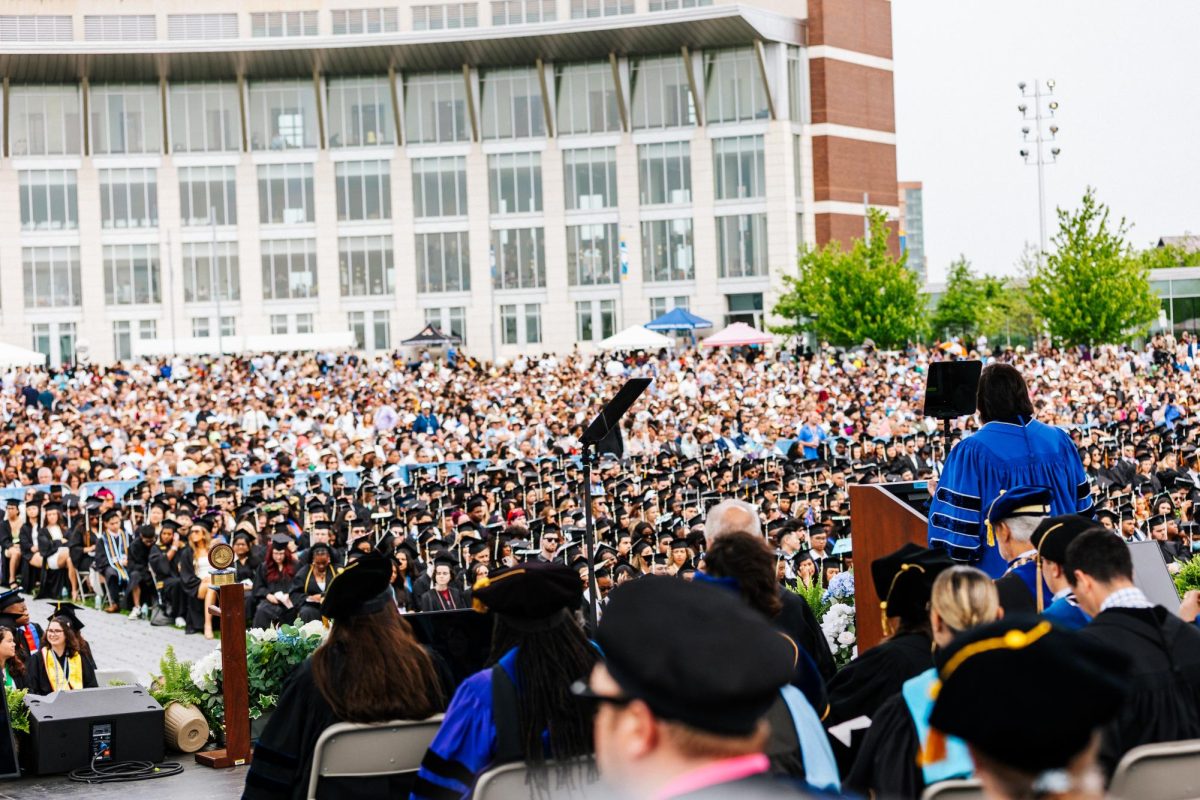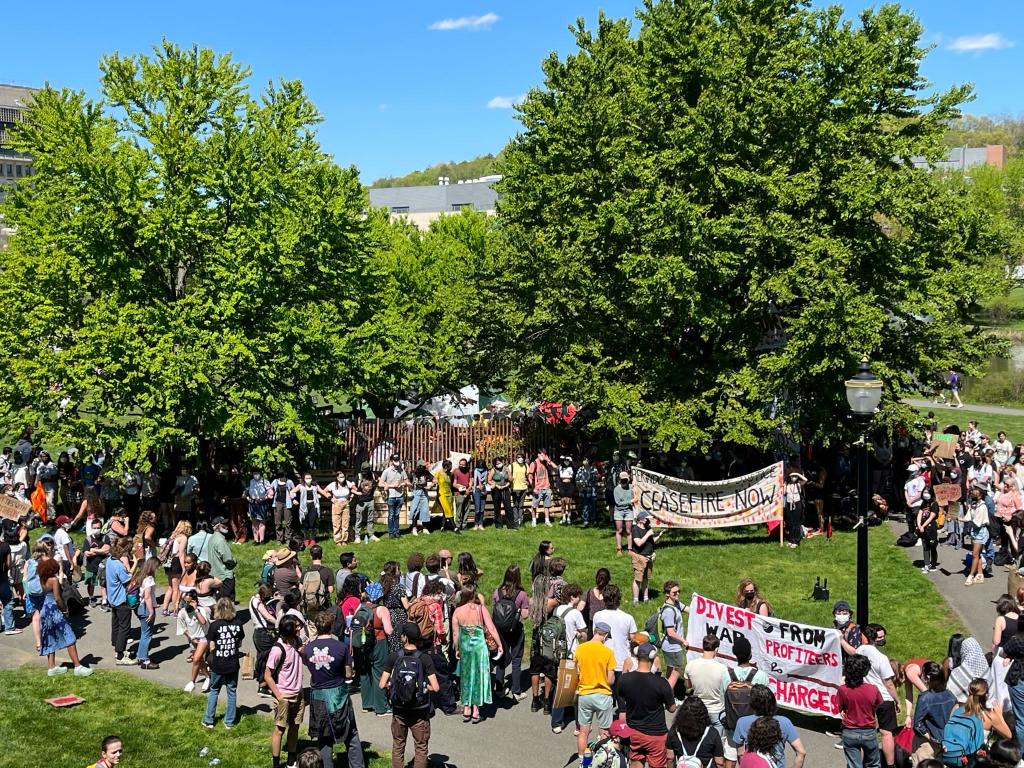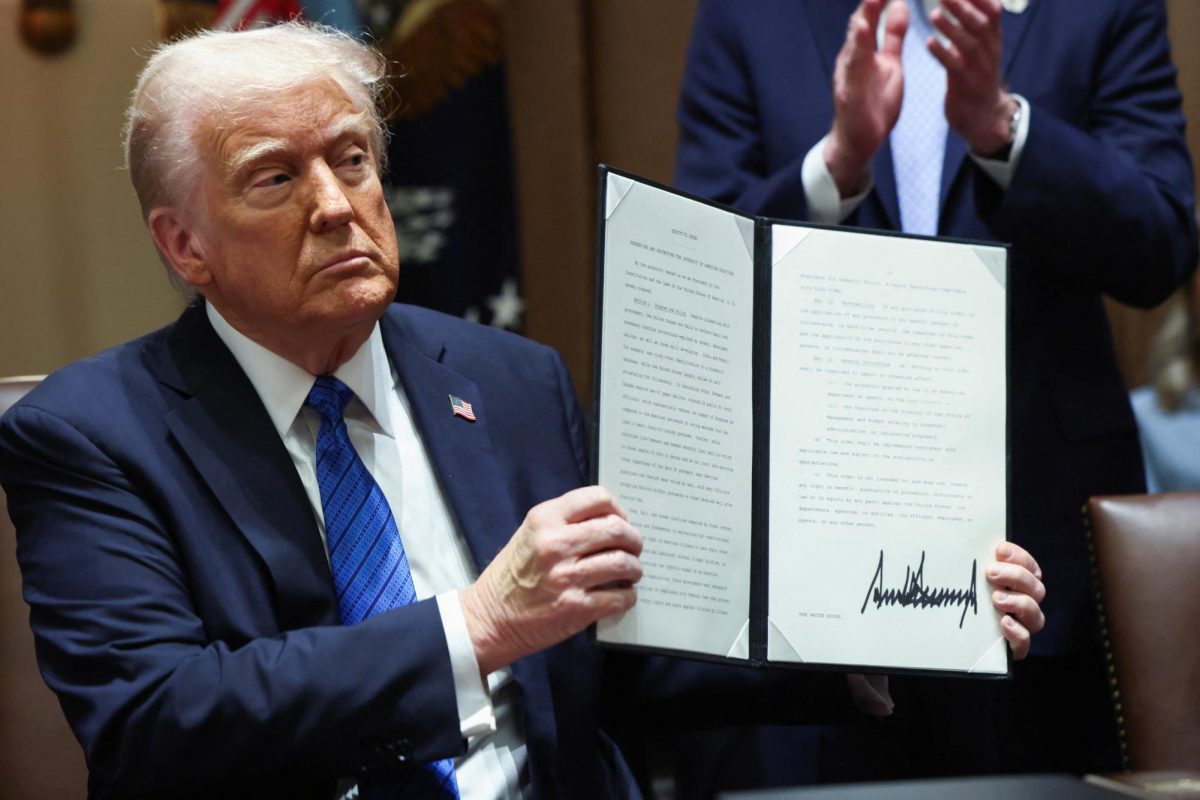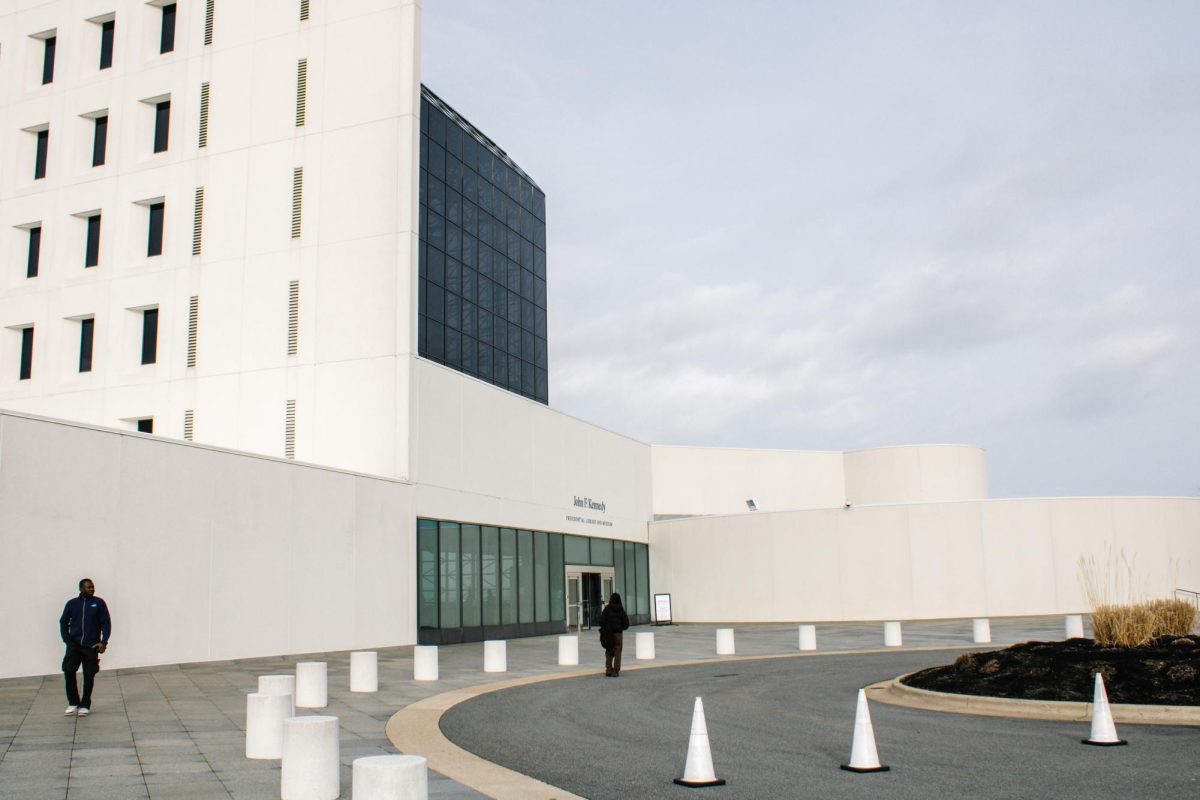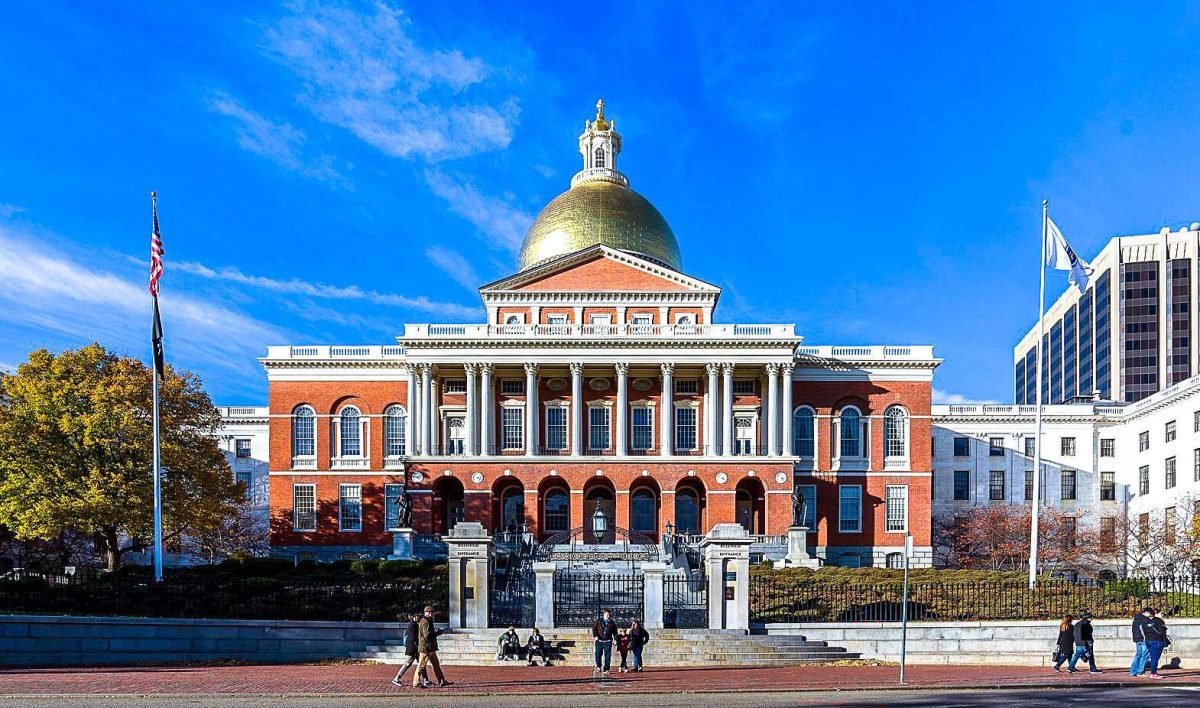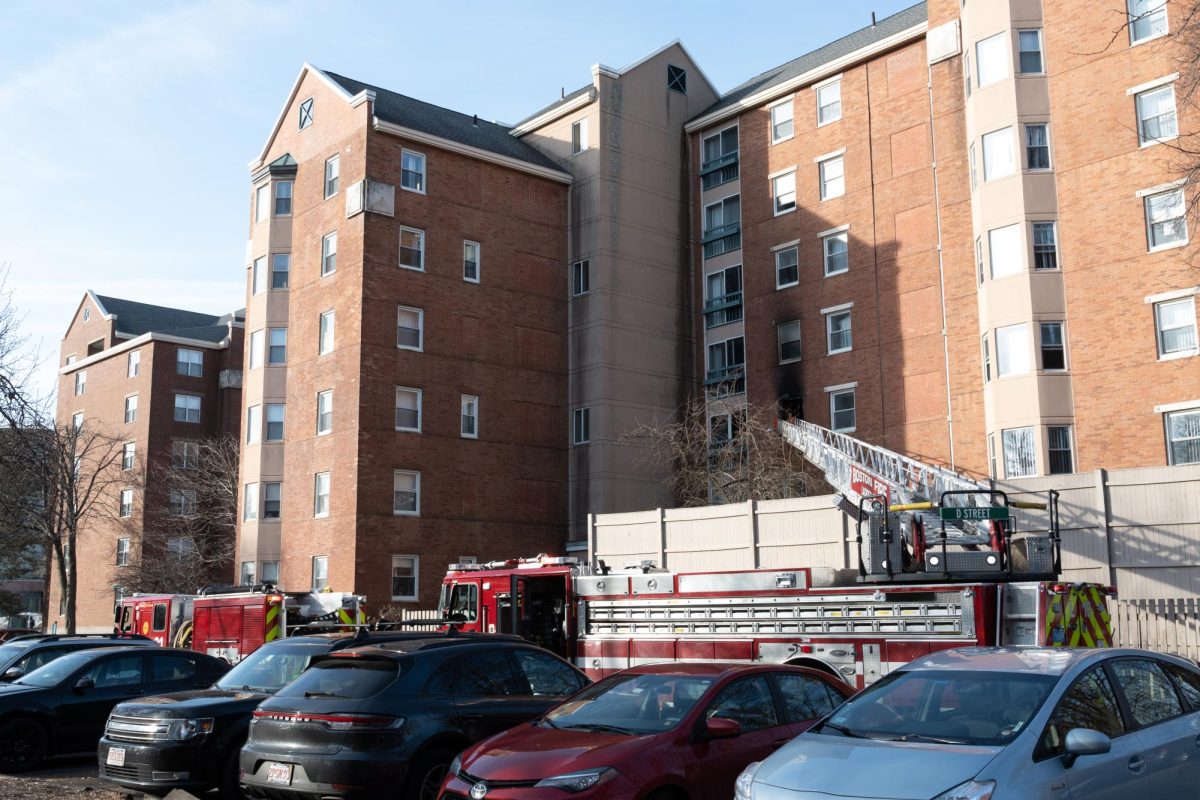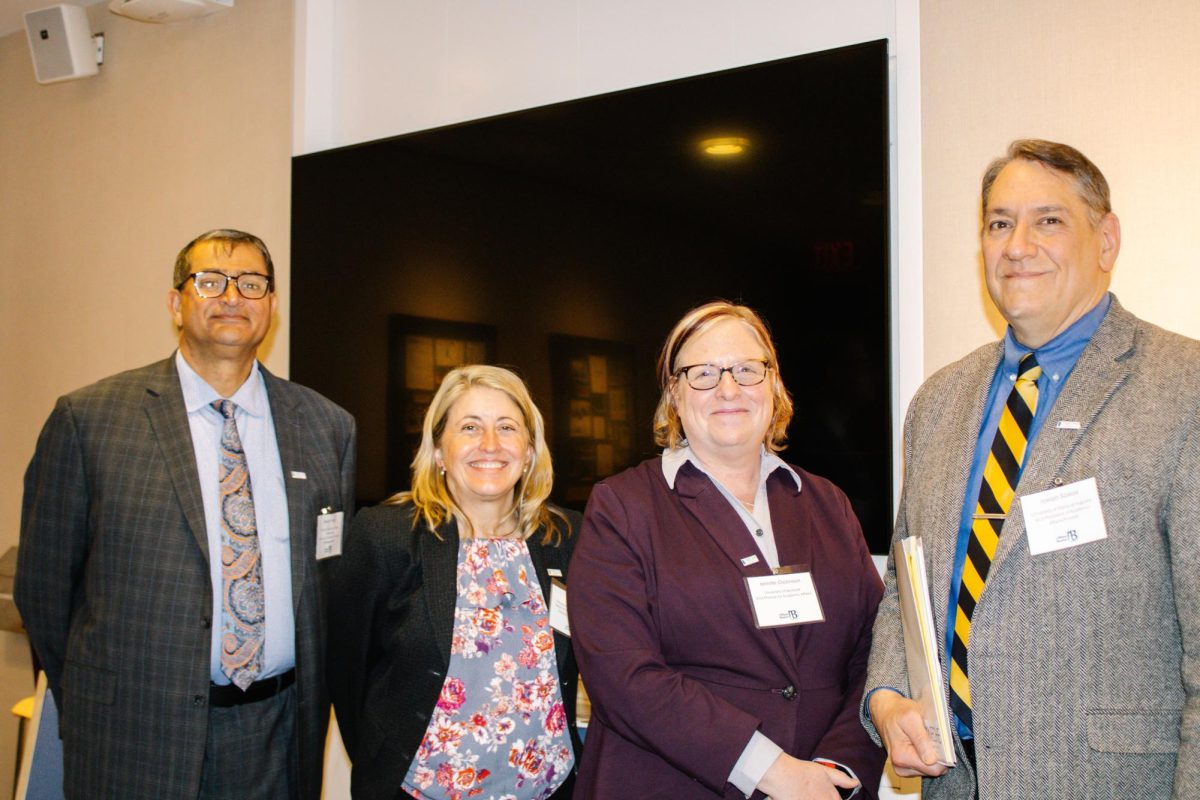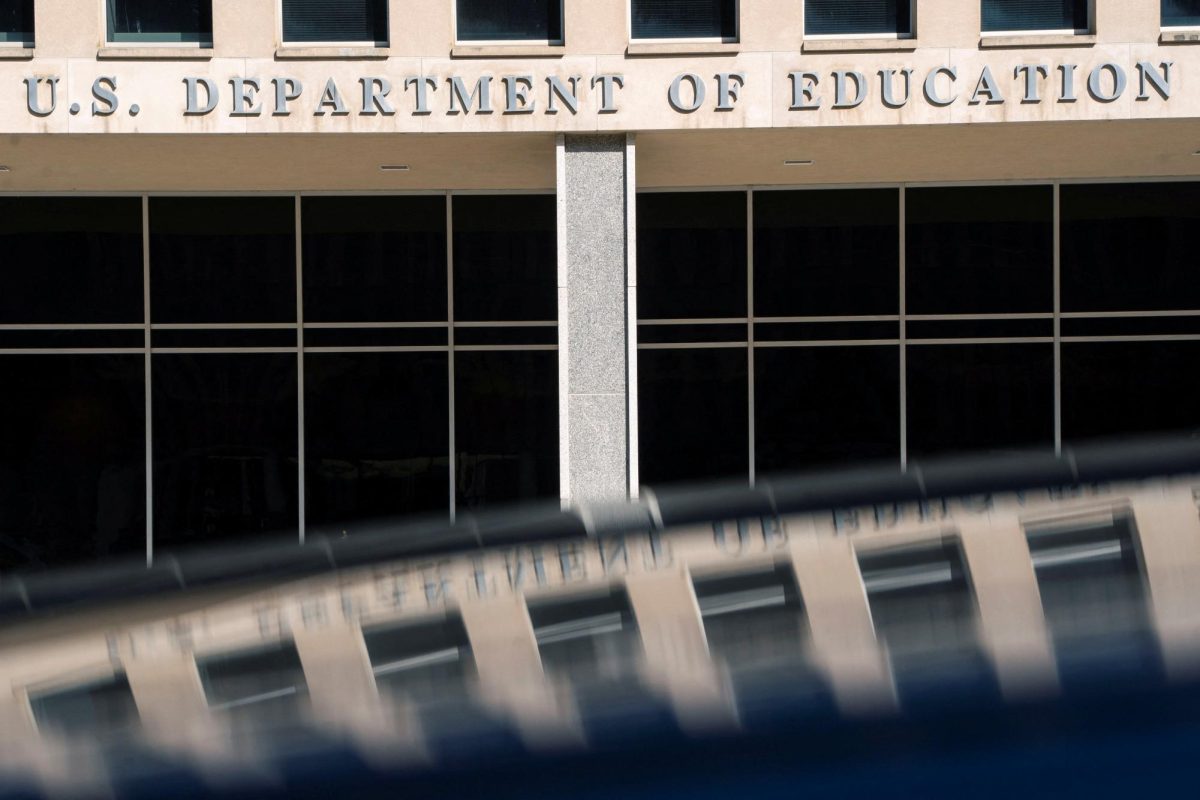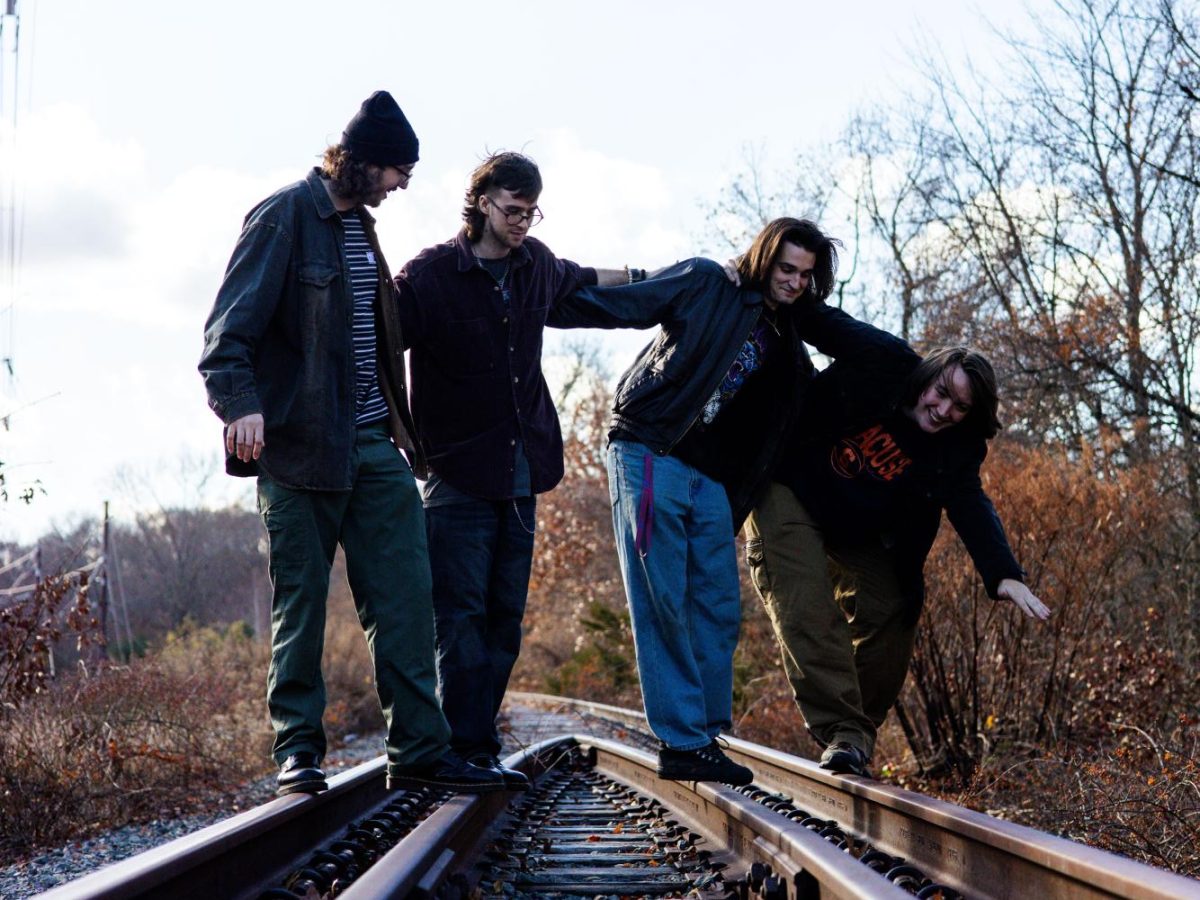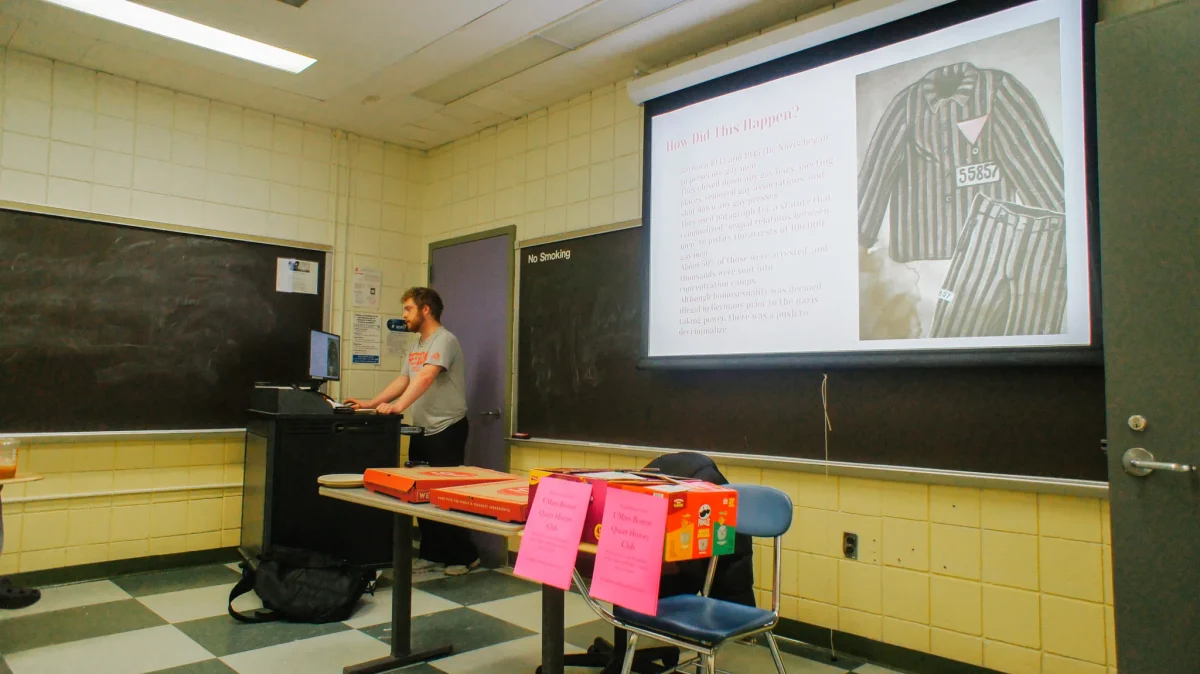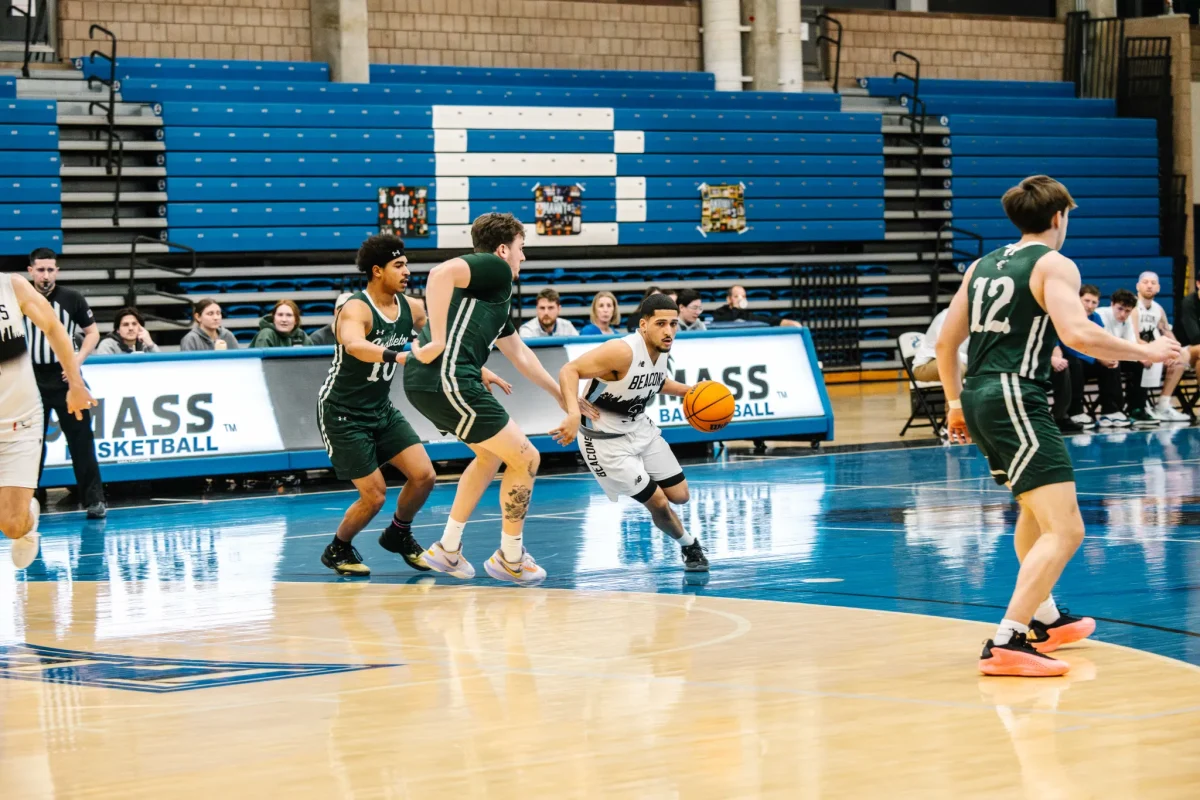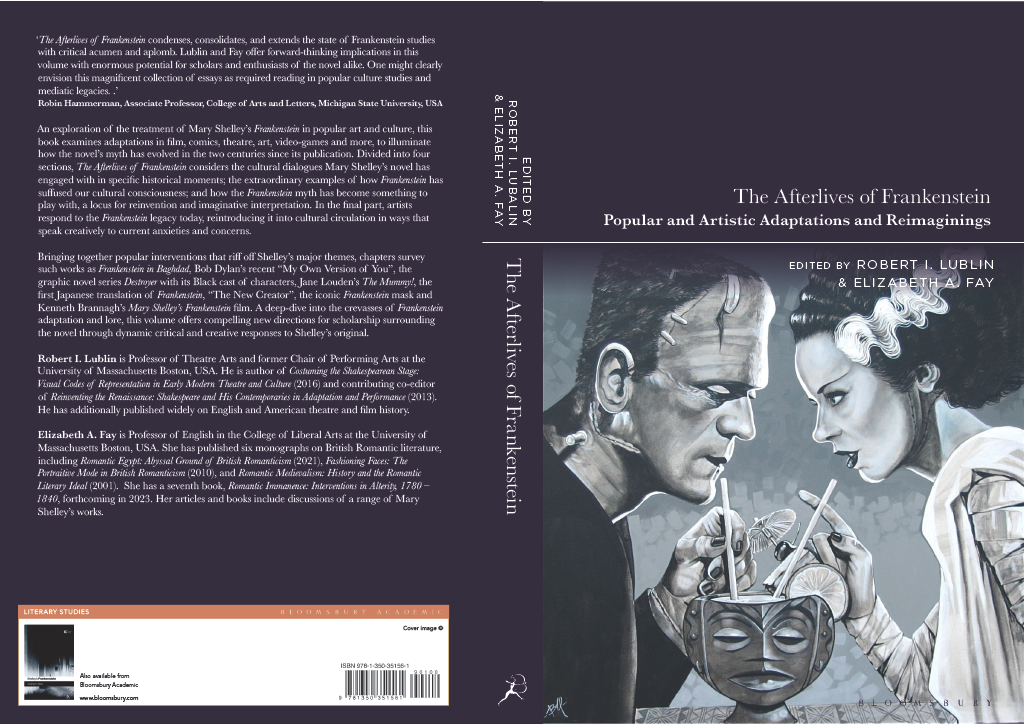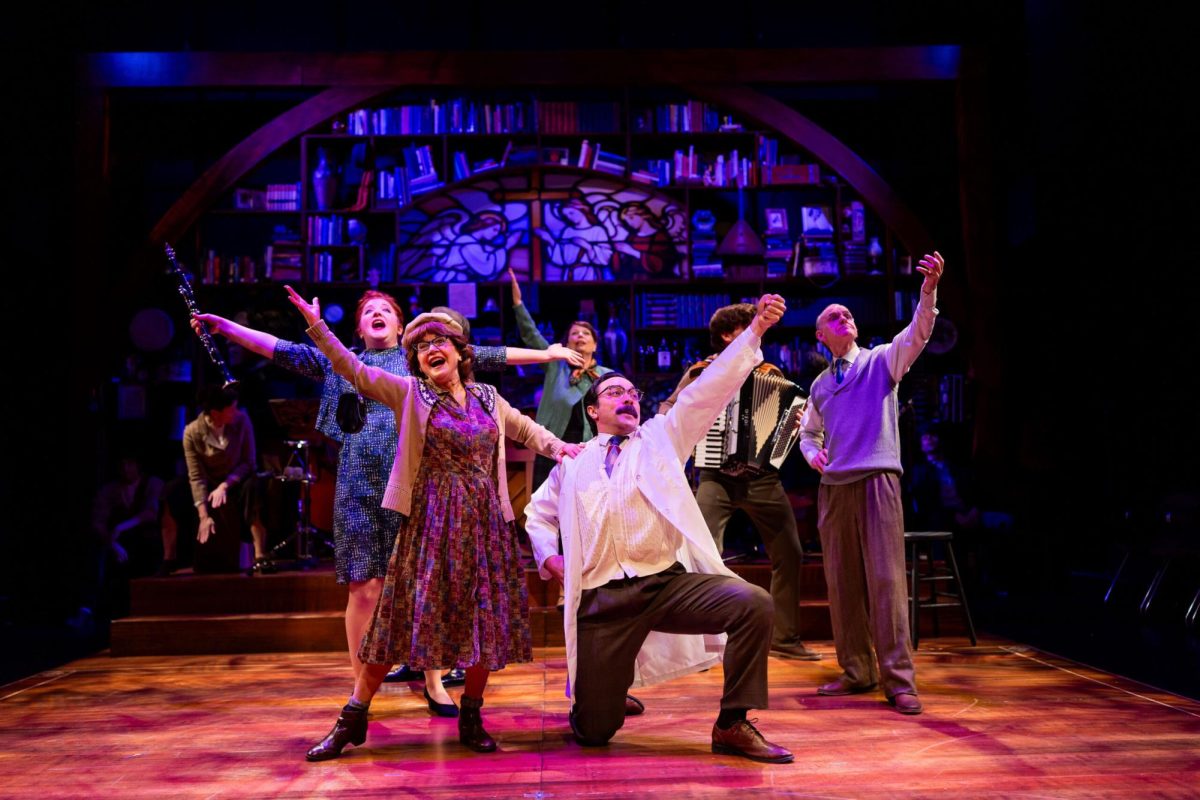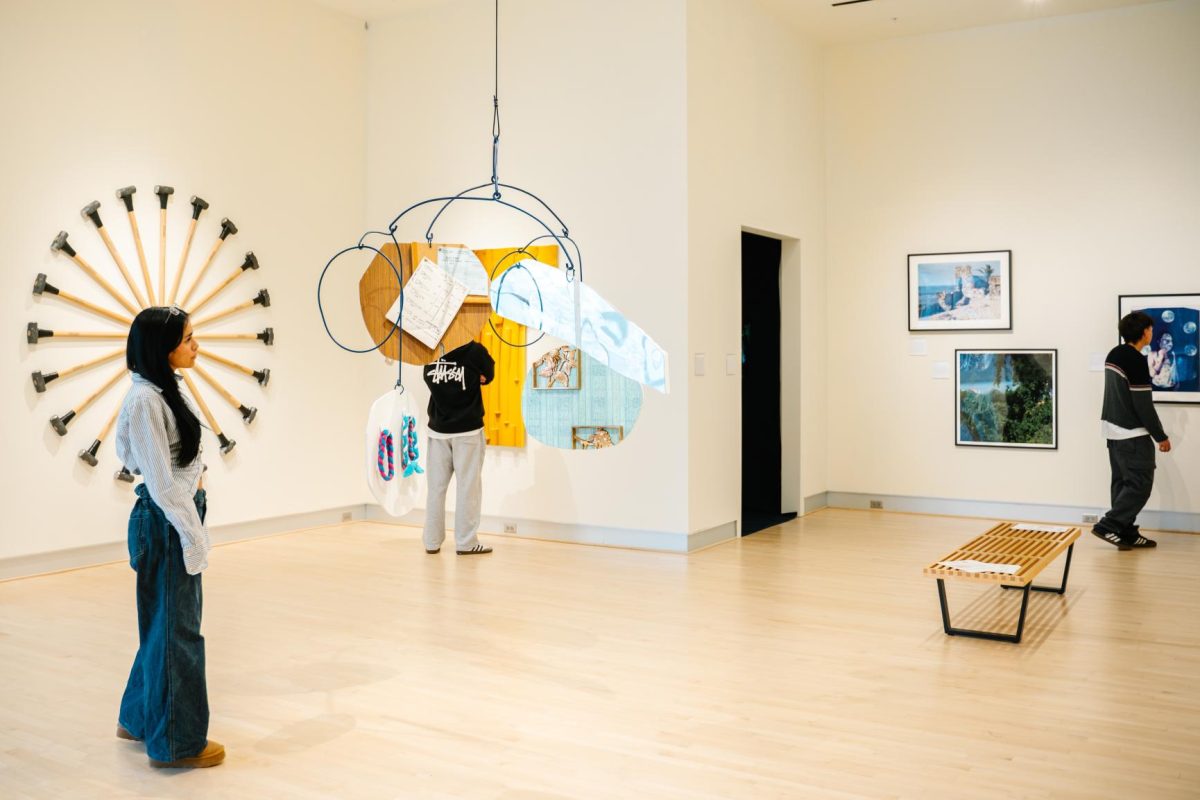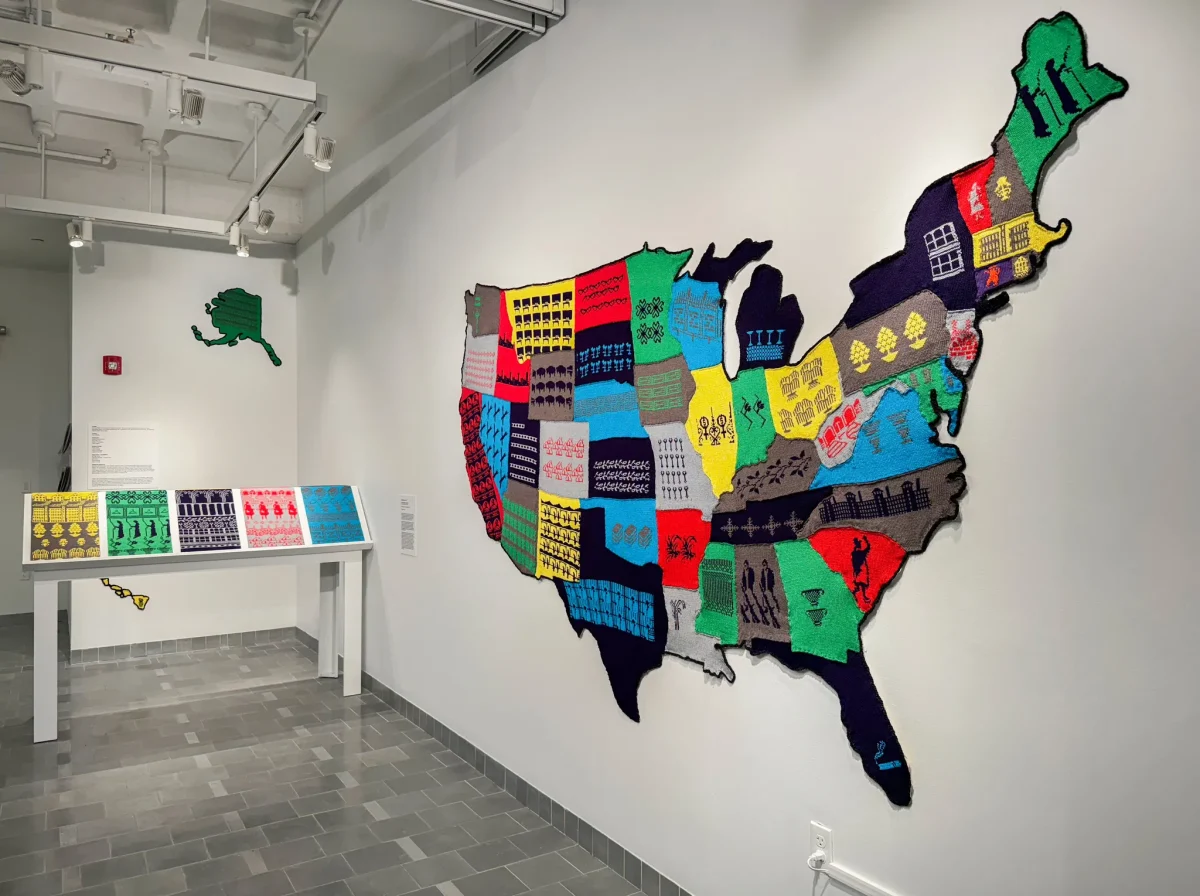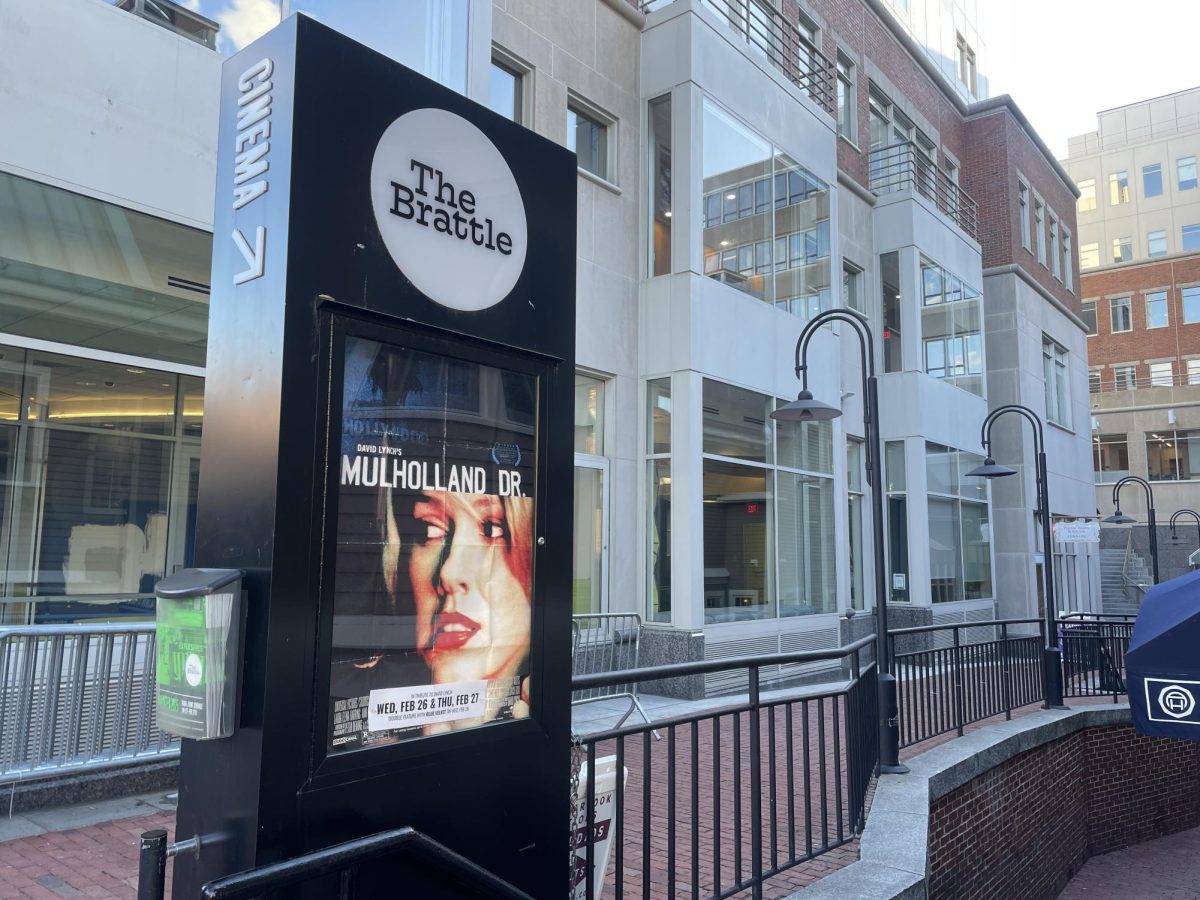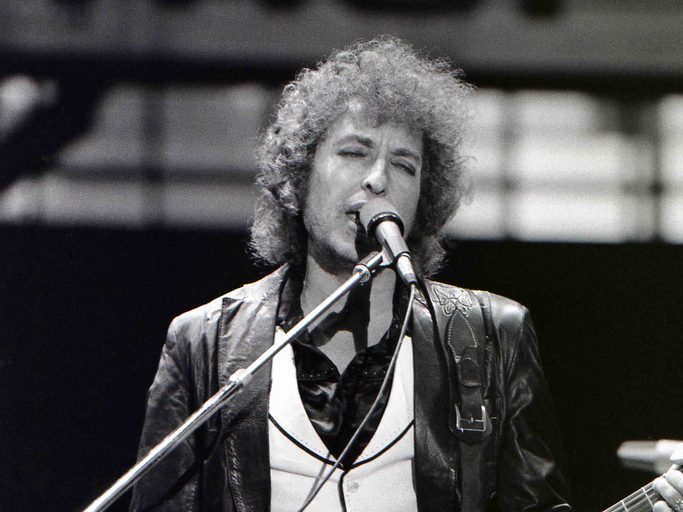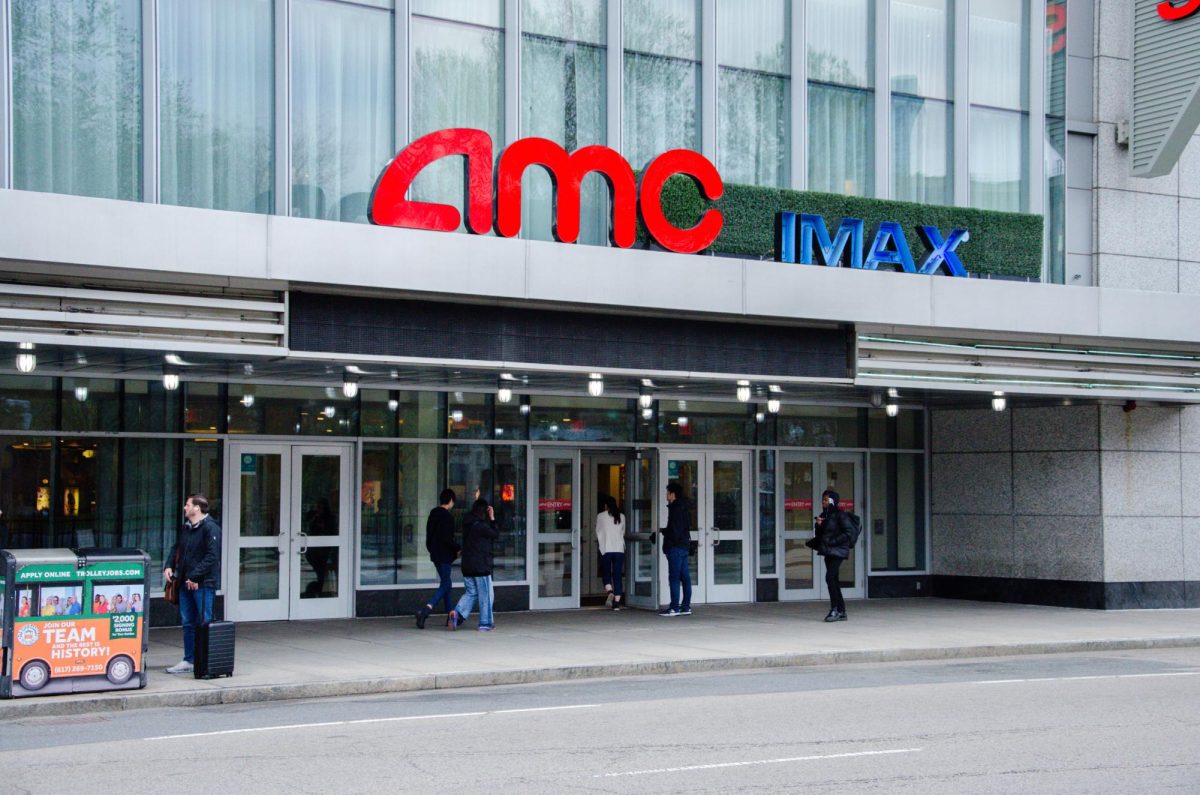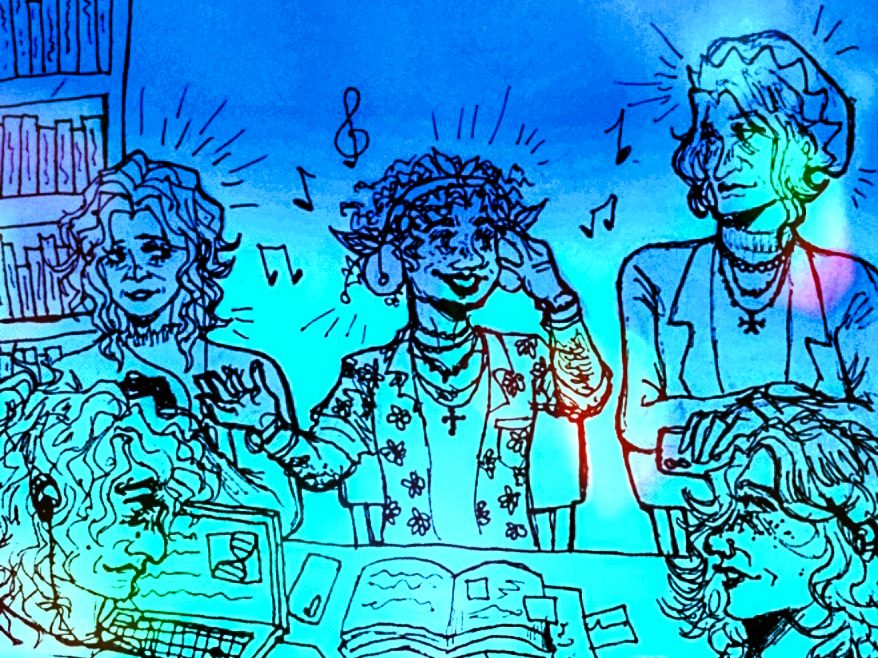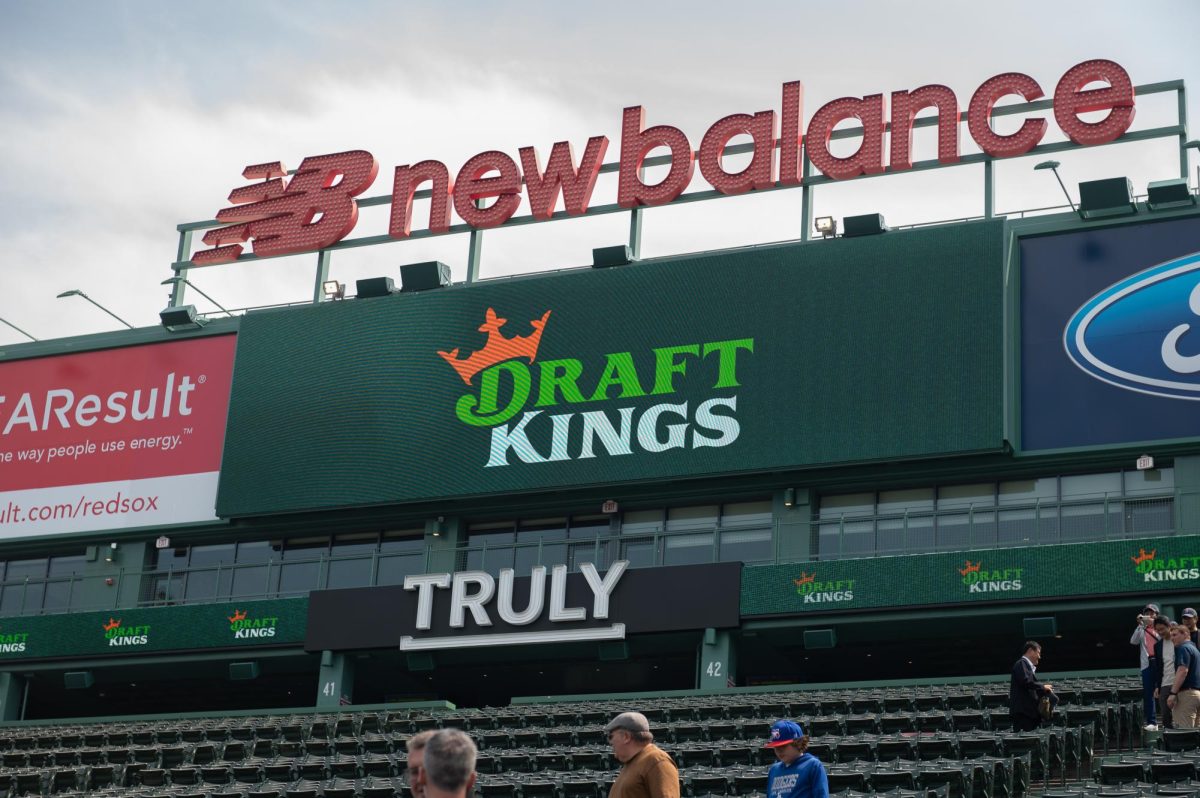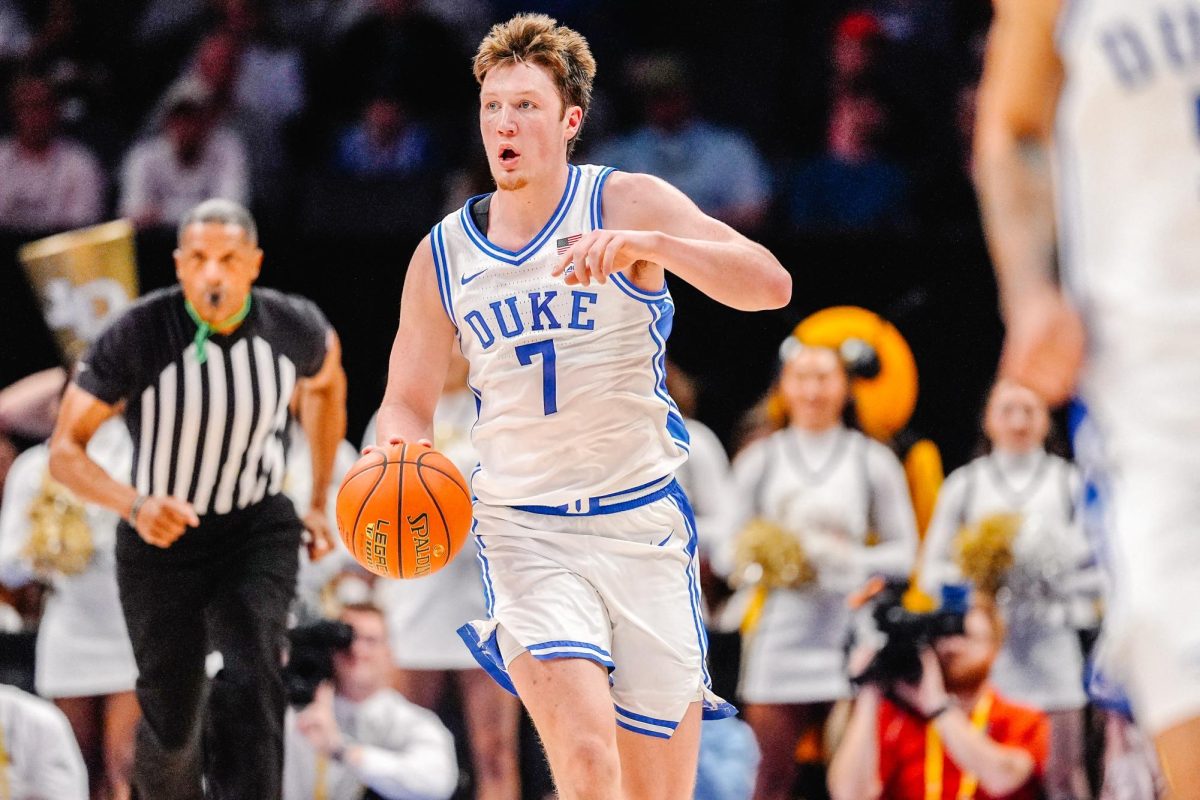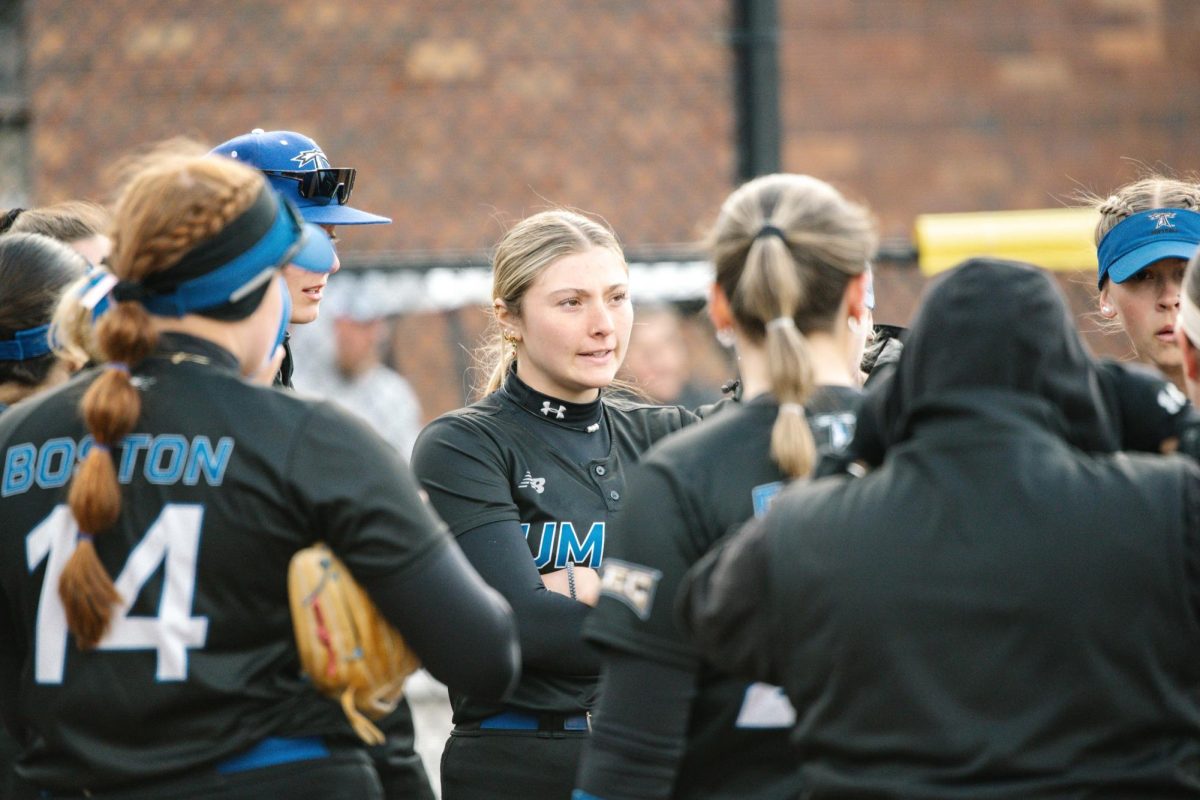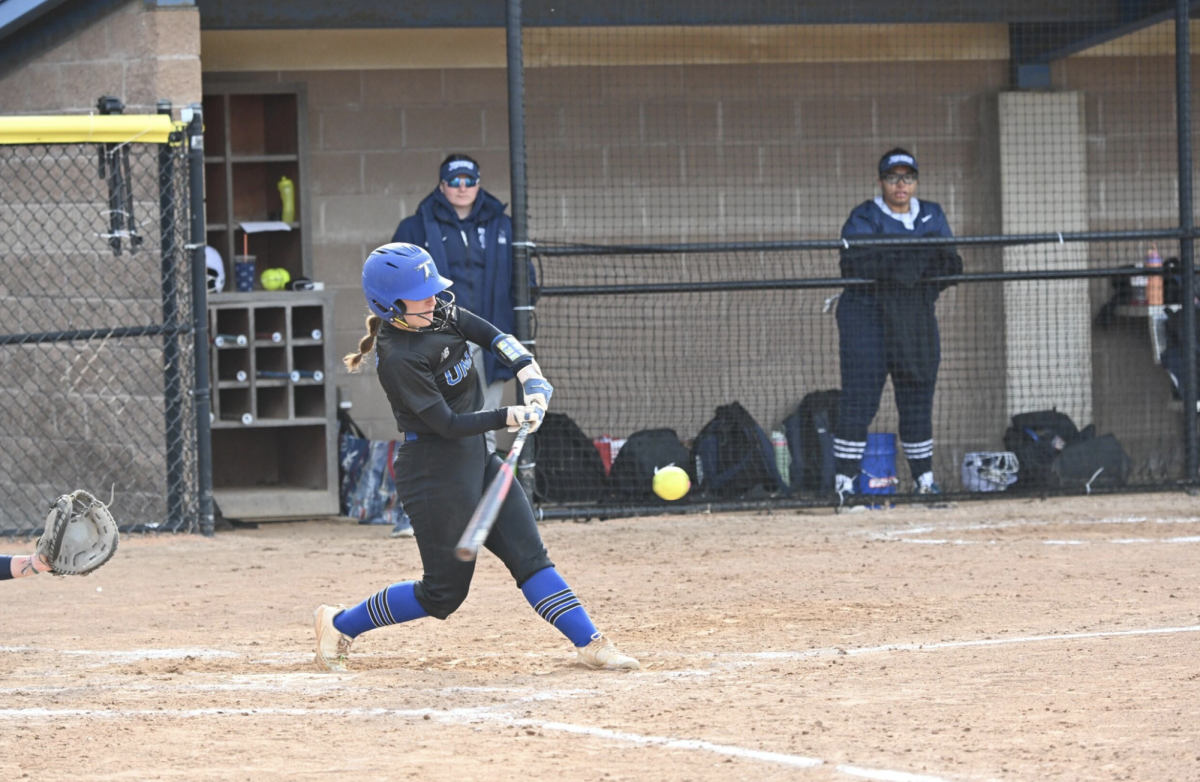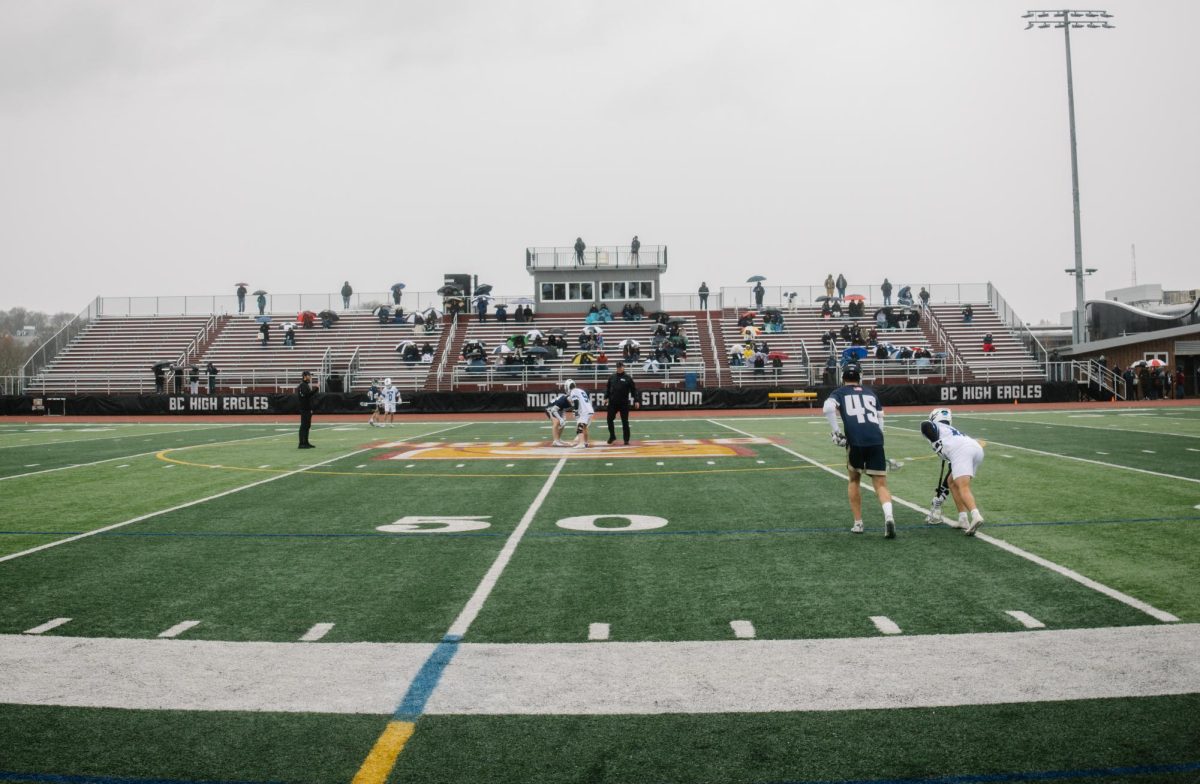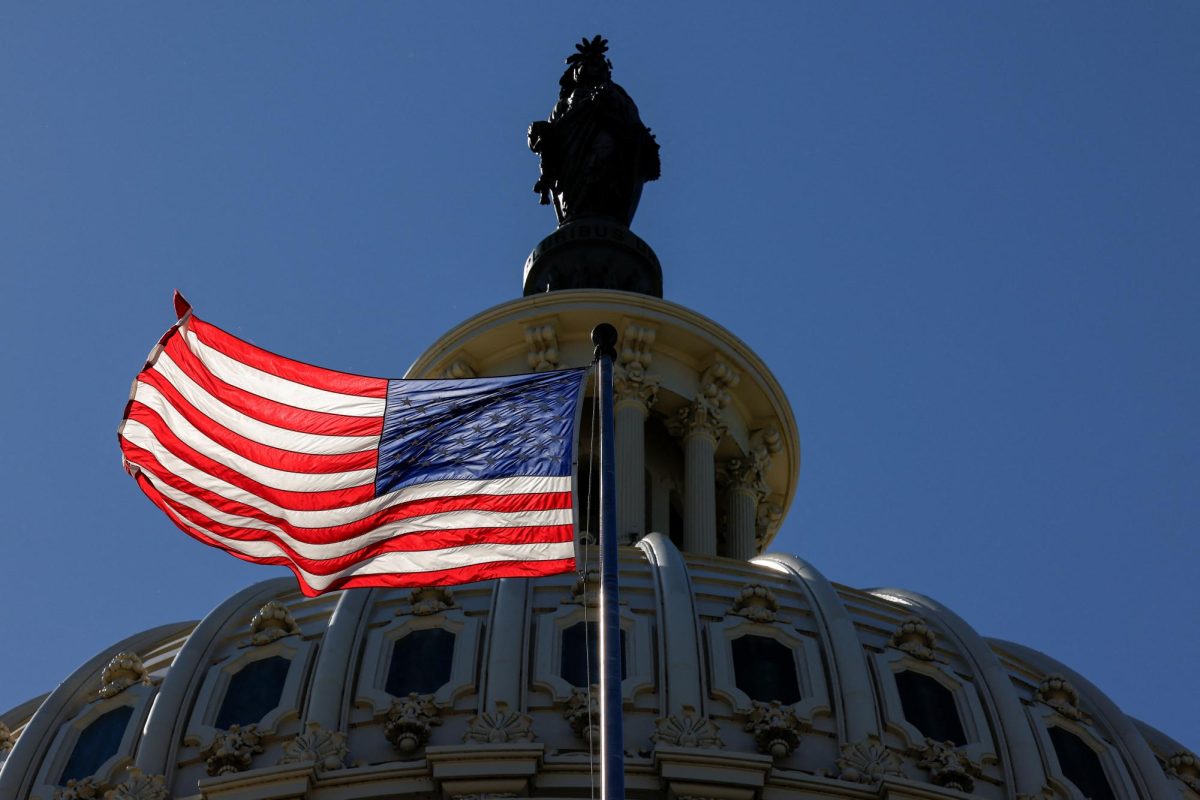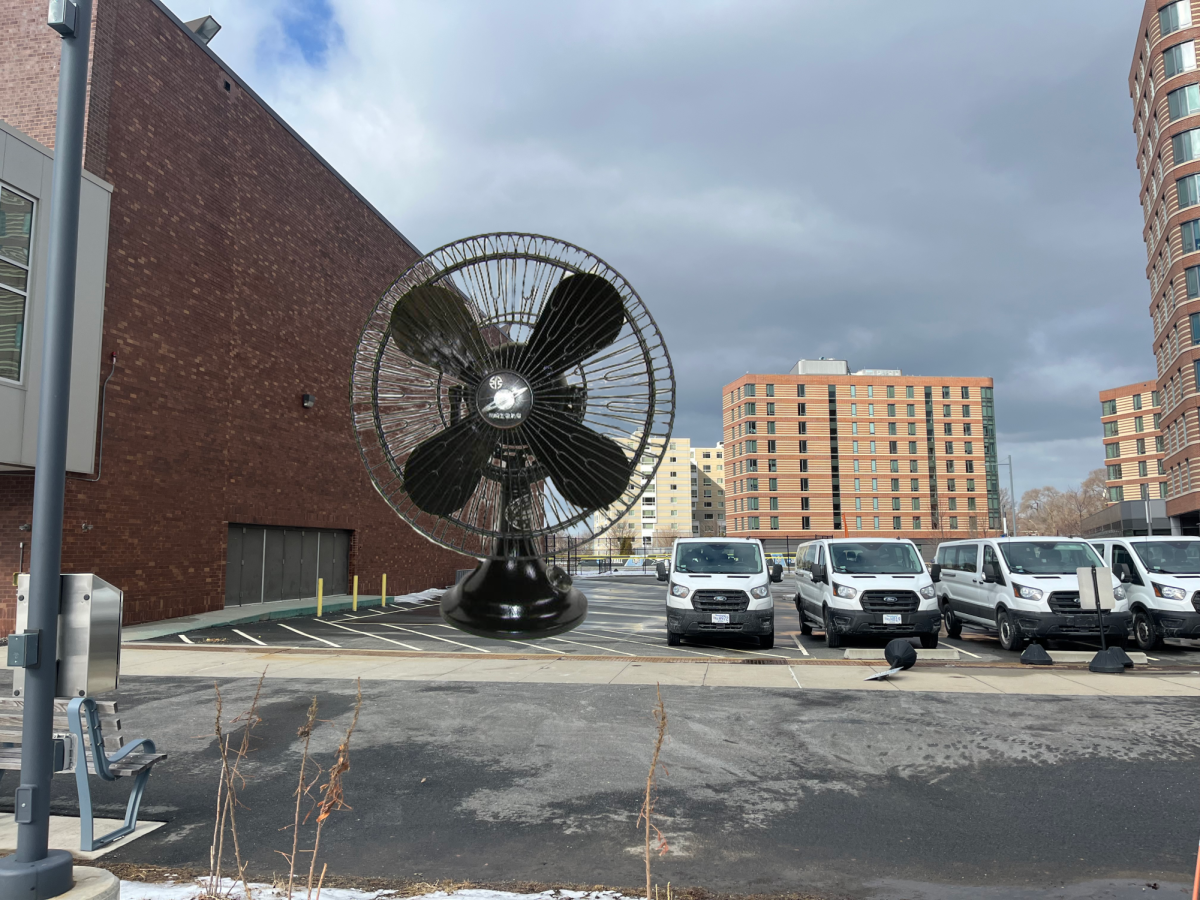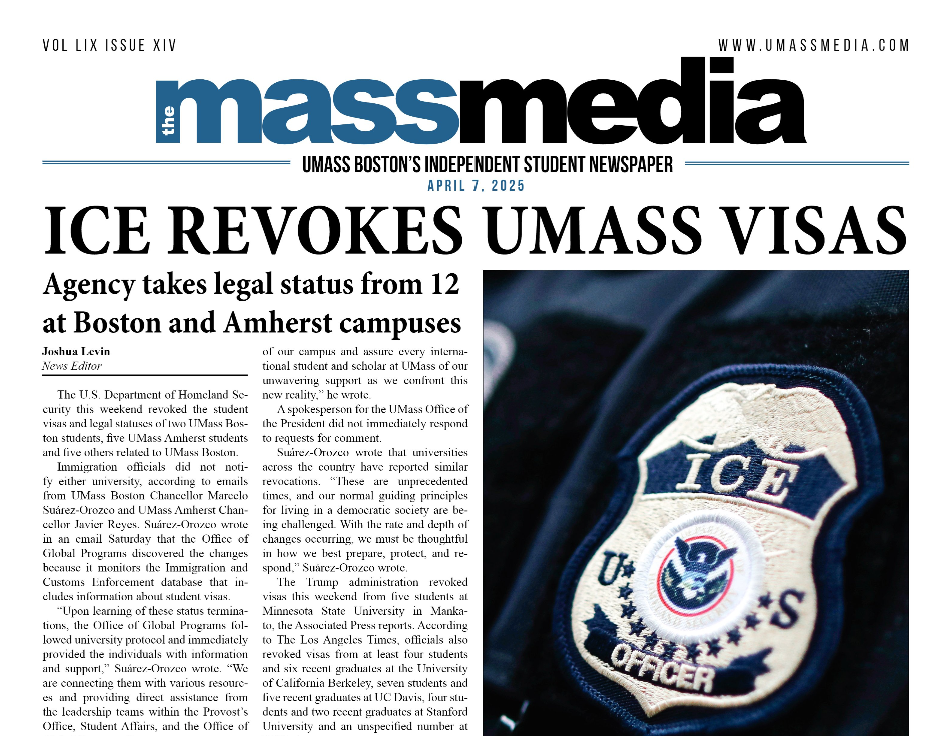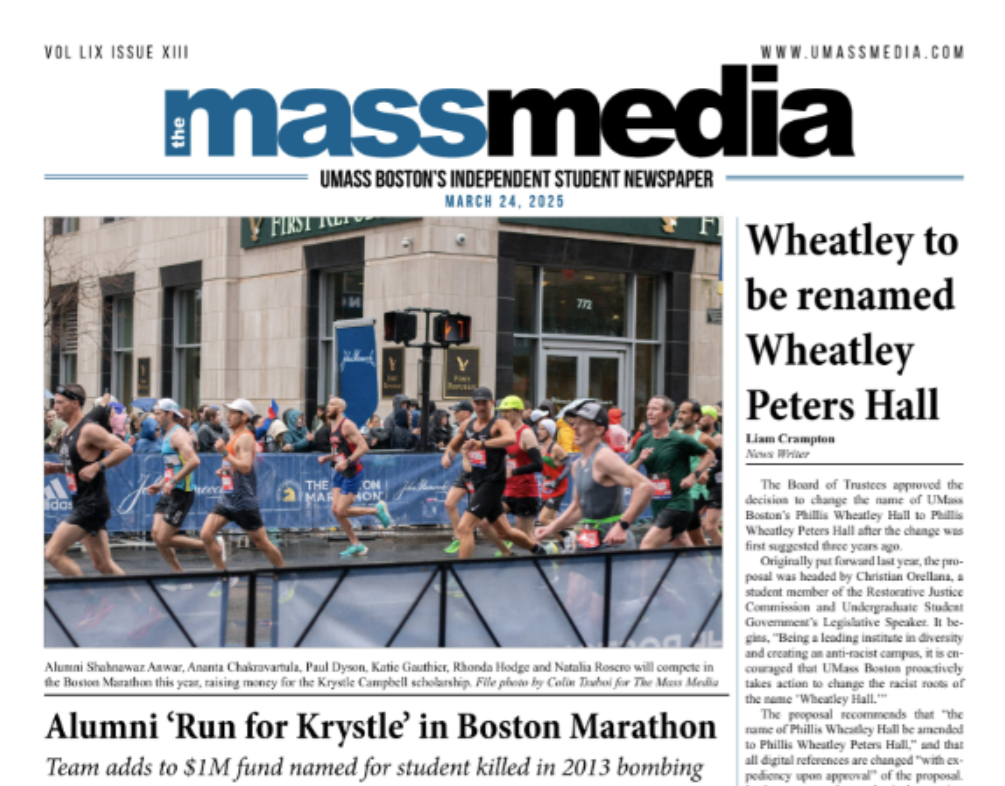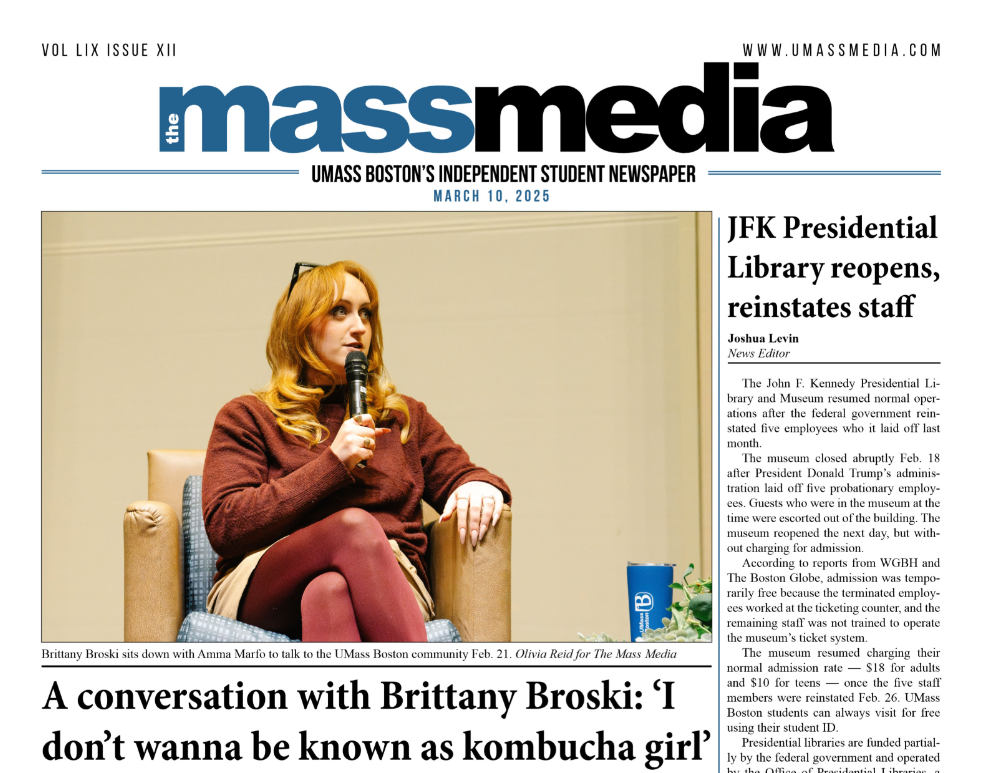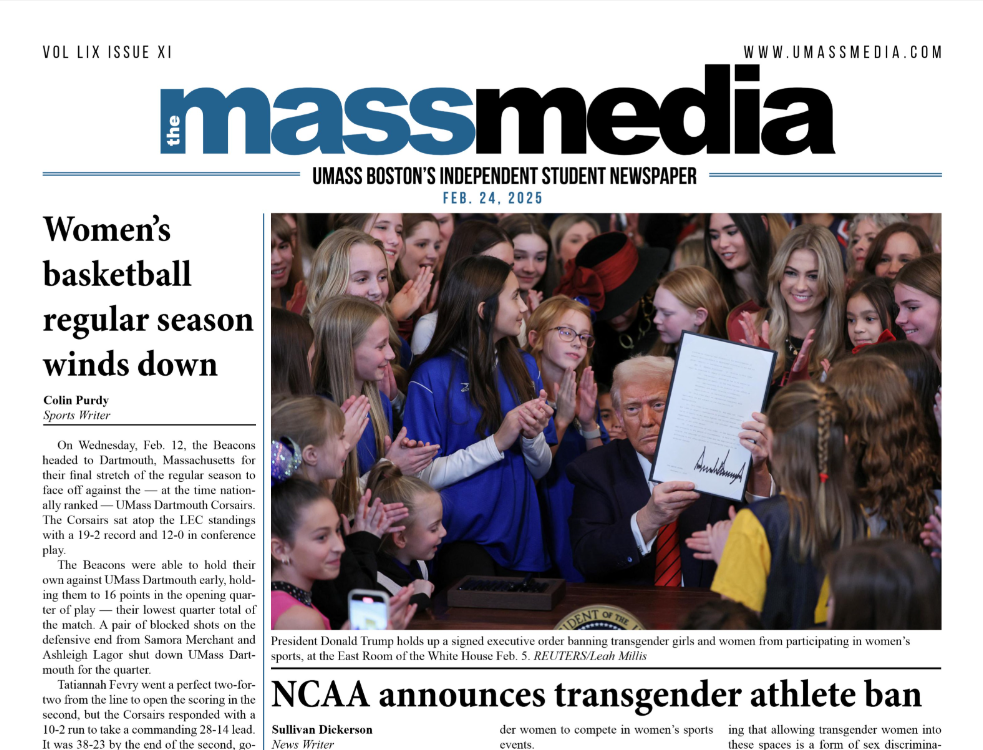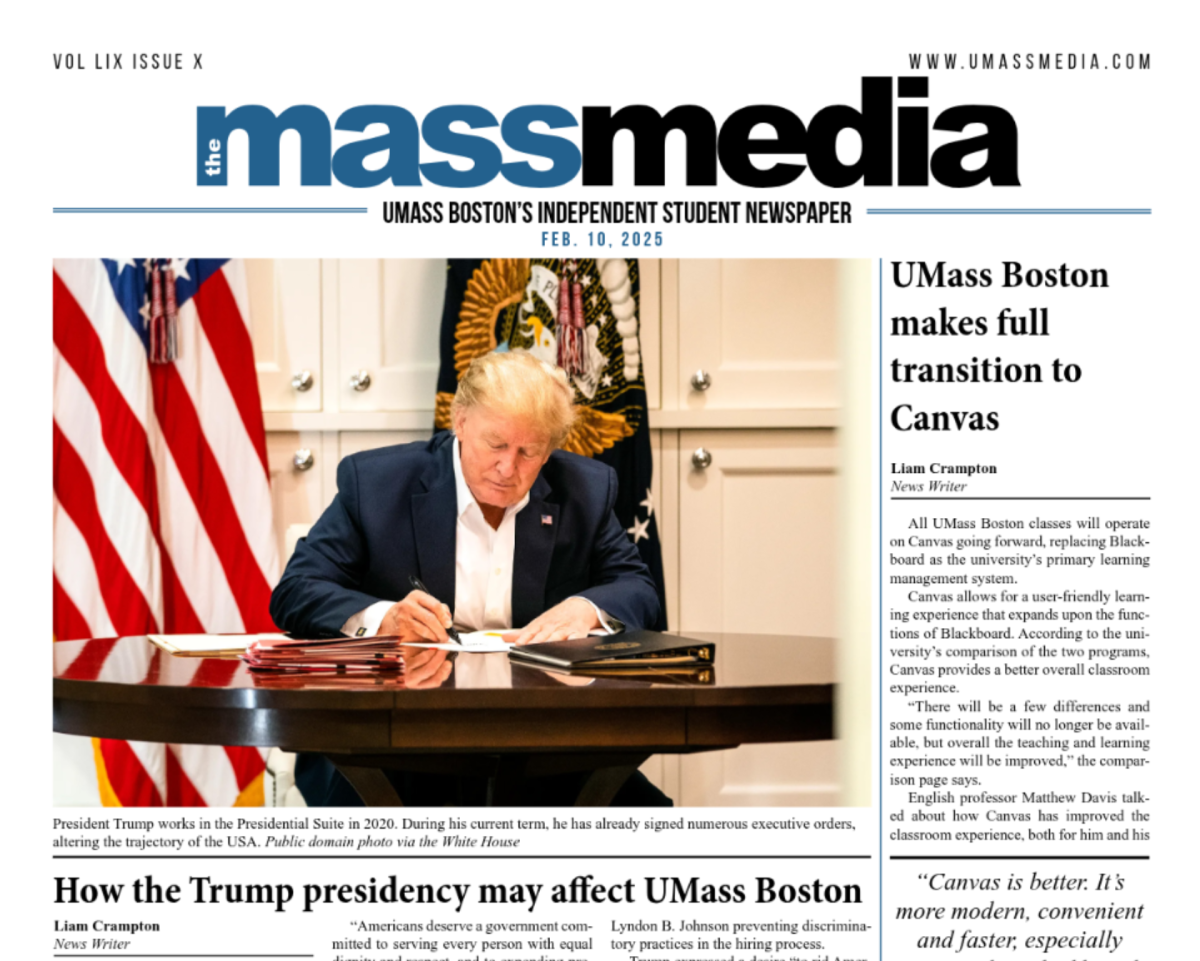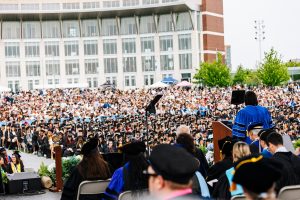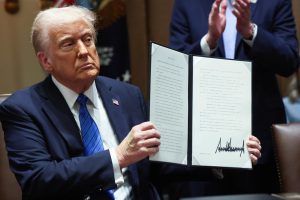Trustees To Hear Law School Proposal
November 4, 2004
A controversial proposal for the creation of a public law school at UMass Dartmouth is expected to take center stage when trustees meet at UMass Boston on November 9 and 10.
The upcoming presentation on the proposal comes on the heels of two presentations earlier this fall at trustee sub-committee meetings. Questions and comments from those two meetings will be put into the new presentation, according to university officials and trustees.
“It will be a more in-depth presentation at our November meeting to the board,” said James Karam, chairman of the Board of Trustees and a UMass Dartmouth alumnus pushing for the project. “And at some point in the near future, if the board decides that they’ve had all their questions answered and they want to bring it to a vote, we’ll vote on it.”
But no vote is expected to take place at the upcoming November meetings, university officials added.
“There will be no vote on whether or not to go forward with the merger,” said Robert Connolly, university spokesperson.
However, UMass President Jack Wilson may make a recommendation on whether or not to go ahead with it. With the next quarterly trustee meeting to take place in February, a special meeting may be called. The Board of Higher Education, which has offered to donate the school to UMass, meets in December.
“There is no rush to judgment here,” Karam said, adding that they have retained outside counsel to advise them on financial, legal, or academic issues. “If we go forth, it’ll only be under the basis that this is a highly qualified program.”
The proposal involves merging Southern New England Law School and UMass Dartmouth, creating the first public law school in Massachusetts. An attempt was made three years ago to acquire the unaccredited law school for $12.5 million dollars, but fell through when it failed to receive legislative backing, which officials say is not needed this time.
The debate has both sides accusing the other of distributing misinformation or no information at all. Skepticism and questions have arisen from within the Board of Trustees and members of the area’s law schools over the proposal. Some trustees, saying the proposal presented at the sub-committee meetings didn’t have all the cons of a merger, are asking for more information.
Trustee Lawrence Boyle, an attorney and an alumnus of UMass Boston and Suffolk University, said he is seeking documentation and correspondence between the law school and the American Bar Association (ABA), which accredits law schools.
“If we’re going to merge then the Board of Trustees is entitled to disclosure,” he said, noting that the school flunked accreditation twice. “We want to see what we’re getting.”
Trustees are keeping an open mind, he said, but there are many questions pertaining to issues of finances, quality, and location. Some trustees say they need more reports, documentation, and financial analysis by university officials, to see exactly how it is possible to bring an unaccredited school up to the level of the UMass Medical School without spending any money.
“It’s a question of priorities,” Boyle said. “My view is, if we have extra money, we should lower fees for students.”
Opponents of the proposal, a roster of various lobbyists from the area’s private law schools and private public relations firms, have outlined the cons in a three-page paper, which university officials deride as misinformation.
“It will not require any money from the Commonwealth, from the system, or from the campus,” Karam said.
“The law school right now is self-sustaining, self-sufficient. It charges tuition of $19,000 a year,” Connolly said, which places it at the low end of law school tuition. It would continue on a self-sustaining, self-sufficient basis, he said.
A BA accreditation could be acquired in a reasonable time frame, some university officials say, and a UMass name would make it easier.
Noting the concern of the law school expanding geographically, Connolly said, “What we envision is keeping the law school in Dartmouth.”
Joining the trustees at the November meetings will be three new members: John A. Armstrong of Amherst, a retired IBM director and former adjunct physics professor at UMass Amherst who served on the UMass presidential search committee earlier this year, former NBA star and UMass Amherst alumnus Julius “Dr. J.” Erving, who lives in Florida, and Dr. Janet Pearl of Wellesley, co-director of the Pain Management Center at St. Elizabeth’s Medical Center.
According to a recent report in the Boston Herald, Erving won’t be at the November 10 meeting, but will participate via phone.
The second set of trustees to be appointed by Gov. Mitt Romney, they will serve five-year terms, replacing senior vice president of Fleet Financial Group James Mahoney, attorney Diane Bissonnette Moes, who co-chaired the UMass presidential search, and William Giblin, CEO of Tweave Inc., a fabric firm.
The appointments of both Erving and Armstrong were hailed by Amherst representatives, who have been lobbying for representation for Western Massachusetts. Upon hearing the news, State Sen. Stanley Rosenberg, (D-Amherst) told the Republican, “Great news. Finally.”
“We need a balanced board and that means having people from all over Massachusetts,” The Republican reported Rosenberg saying.


